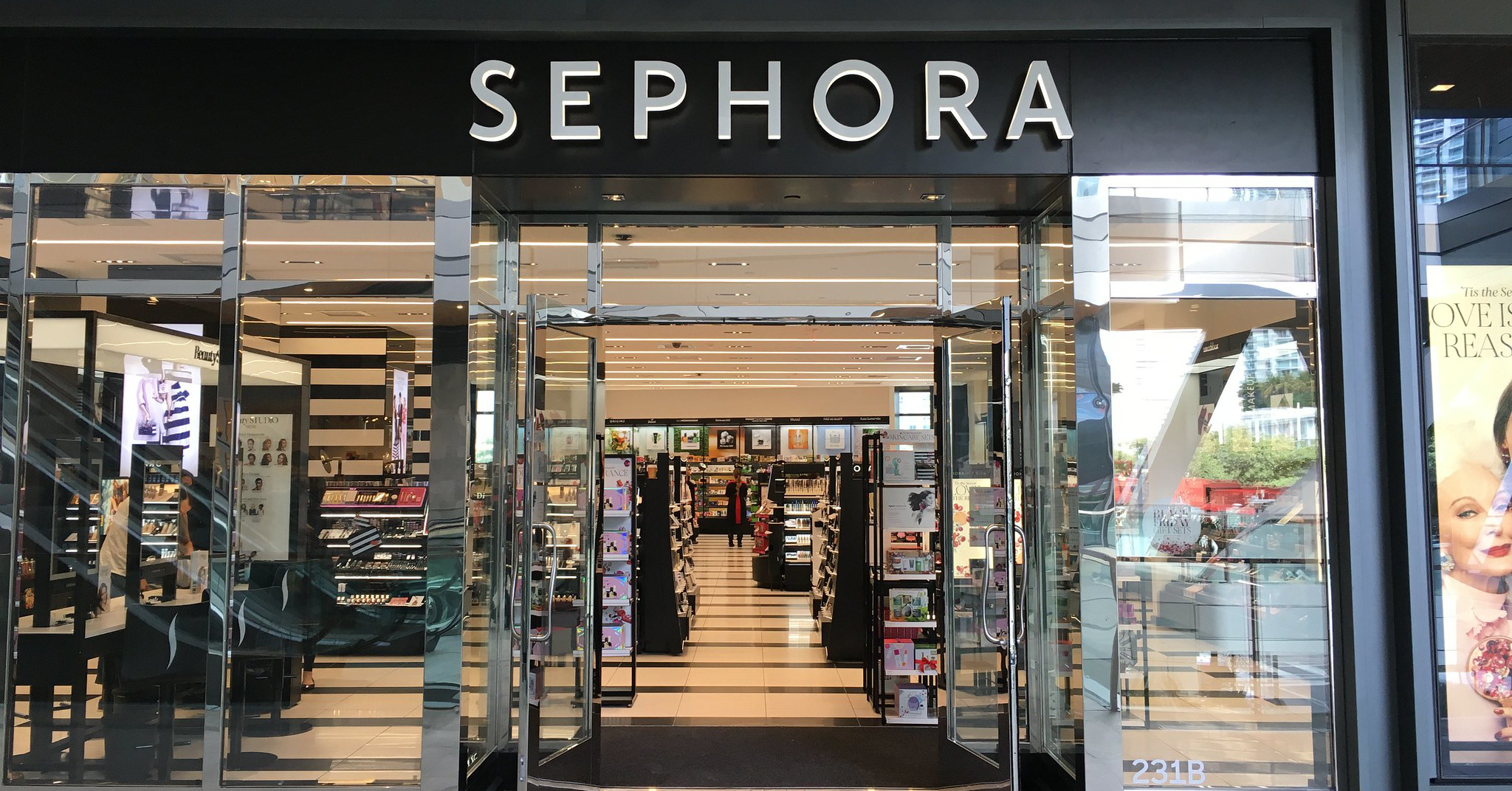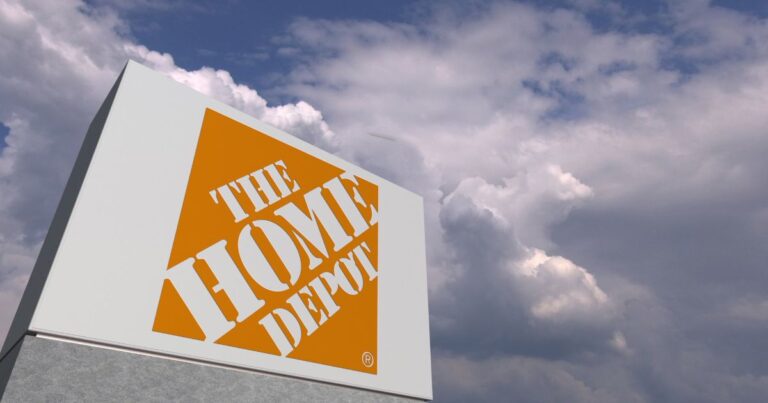A new corporate responsibility trend is taking root with beauty and personal care retailers—phasing out and disclosing toxic chemicals in products and packaging. Such retail leadership remains important since no approval by the U.S. Food & Drug Administration is required before cosmetic products and ingredients (except for color additives) go on the market.
Retailers that are not properly managing chemical hazards can lose the trust of their customers and market share to competitors, and may even risk significant financial liabilities. Meanwhile, those businesses that manage toxic chemicals can reap great rewards and maintain the trust of their customers that the products they sell won’t harm them.
Last summer, beauty retailer Sephora launched a safer chemicals policy and expanded its restrictions on certain chemicals to include brand-name products for the first time. The company set an ambitious goal to reduce dozens of toxic chemicals in brand-name formulated products by fifty percent over the next three years. The list includes nine categories of toxic chemicals, such as phthalates, parabens, and formaldehyde releasers, harmful substances linked to cancer, reproductive harm, or learning and behavior problems.
As the largest dedicated retailer of cosmetics products in the U.S., this is a big deal. The company was named one of the “most improved” retailers in our annual retailer chemical safety report card earning a B+, a significant improvement over its D grade just two years ago.
These improvements could be transformational for the beauty industry if its competitors follow Sephora’s lead.
These new commitments build on the company’s Clean at Sephora program, which features and markets brands free of certain toxic chemicals. In 2019, the company expanded the scope to include eight additional brands and nearly 40 more restricted substances, including some fragrance ingredients. The company also updated its chemical restrictions for private-label products.
On ingredient transparency, the company says it “aims for 100% of formulated beauty and personal care products to have all intentionally added ingredients listed on our US Sephora.com website.” However, Sephora has not addressed all fragrance ingredients. The term “fragrance” signals that a product may contain a witches’ brew of chemicals that remains undisclosed to consumers and even to retailers.
Credo Beauty pushes for full fragrance ingredient transparency
Another growing beauty retailer is going even further to honor its customers’ right-to-know by pushing for full fragrance ingredient transparency among its brand-name suppliers. Credo Beauty, a retailer in “clean beauty,” adopted an industry-leading fragrance transparency policy this fall.
The company’s new policy states it “has challenged our brand partners to fully disclose all fragrance ingredients. And we are happy to report that 71 of them rose to the occasion (so far)… Credo now clearly indicates the brands that are fully disclosing ingredients on the product pages as well as here.” The company also notes that all “120+ brand partners are required to categorize the source of their fragrances for every product. The categories are: Fragrance Free, Essential Oils, Certified Organic, Natural, Naturally-Derived and Synthetic.”
This ingredient transparency policy is the strongest of its kind among beauty retailers in the country and serves as a model for Sephora and other cosmetics retailers to meet or beat.
Retail progress on toxic chemicals in beauty, personal care, and household cleaning products
Sephora and Credo are not alone. A growing universe of retailers are restricting toxic chemicals not only in cosmetics but also in other products. Our report, Who’s Minding the Store? A Report Card on Retailer Actions to Eliminate Toxic Chemicals, reveals that many of North America’s largest retailers are launching and implementing safer chemicals policies to help protect consumers, workers, and communities from toxic chemicals in products, packaging, and global supply chains. Sixty-three percent of evaluated companies improved over the past year alone.
In the last year, several retailers expanded their action on chemicals of high concern in beauty, personal care, and/or household cleaning products, including Ahold Delhaize, Bed Bath & Beyond, CVS Health, Dollar General, Rite Aid, Staples, Target, Walgreens, and Whole Foods Market.
This paradigm shift is putting safer products into the hands of consumers and driving the development of green chemistry solutions globally. This is a trend that chemical suppliers can no longer ignore.
Ulta Beauty and Sally Beauty lagging behind on chemical safety
Unfortunately, too many other retailers have failed to demonstrate meaningful progress on chemical safety. Fourteen retailers – about one-third of all retailers evaluated in this year’s report card – received F grades, landing them in the 2019 report card’s “Toxic Hall of Shame.”
This includes Ulta Beauty and Sally Beauty, major competitors of Sephora and Credo Beauty. Ulta provides almost no public accountability or details on its chemical safety policies, while Sally has failed to score a single point for chemical safety for three years running.
We call on these companies and the other retailers that make up the Toxic Hall of Shame to step up to meet the rising consumer demand for safe products and radical transparency.
Read more about the 2019 retailer report card.





